Black peppercorns are the dried fruit of the Piper nigrum plant. They are one of the most widely used spices in the world and offer various health benefits.
History of Black Peppercorn
There is no denying that the spice trade had a lasting influence on how we eat, with the discovery of black pepper being one of the most significant. Black pepper, or Piper nigrum, is a flowering vine that is indigenous to the Malabar Coast of India (current-day Kerala). It is grown for its fruit, the peppercorn. Black pepper, which is thought to be the most traded spice in the world, receives its spiciness from a substance called piperine. Black pepper’s treatment in many kitchens can only be characterized as terrible given that it is now regarded as a staple pantry component (second only to salt, and frequently pounded into dust and permitted to sit on shop shelves for a considerable amount of time before being used to season meals). It appears that we have forgotten about its illustrious beginnings.
Prior to the Common Era, Arab traders in the Middle East controlled and operated the trade in luxury goods along the Silk Road, a crucial trade route connecting Asia with the Middle East, other regions of North Africa, and Europe. The Romans eventually entered the market after this. Black pepper is mentioned in ancient Greek and Roman writings, but it wasn’t widely used until the late 15th century, when Portuguese explorer Vasco da Gama discovered it on the shores of Calicut (modern-day Kozhikode), India. Because the spice was so plentiful, it ultimately led to Portuguese dominance of the region.
The Greeks used black pepper to counteract the effects of hemlock—the same poison that killed Socrates—as well as a variety of illnesses like hemorrhoids, diarrhea, and other digestive issues. Black pepper also possessed nutritional qualities that made it popular with traders. As a result of the spice’s rising value as a result of its rising demand, people in some regions of the world used it to pay for dowries, taxes, and rent. Pepper was so well-liked that it was given the nicknames “black gold” and “king of spices.”
Health Benefits of Black Peppercorn
| Nutritional fact in 100gm of Black Peppercorn | |
| Energy | 1067 kj
255 kcal |
| Protein | 10.95g |
| Fat | 3.26g |
| Saturated Fat | 0.98g |
| Polyunsaturated Fat | 1.13g |
| Monounsaturated Fat | 1.01g |
| Cholesterol | 0mg |
| Carbohydrates | 64.81g |
| Sugar | 0.64g |
| Fibre | 26.5g |
| Sodium | 44mg |
| Potassium | 1259mg |
- May lower cholesterol levels
- May improve blood sugar control
- beneficial to your brain
- Has anti-inflammatory properties
- High in antioxidants
- Helps in losing weight
- Detoxifies your body
- Prevents cancer
- Cleanses your intestines and stomach
- It consists of potassium that helps in regulating heart rate and high blood pressure
- Helps in producing red blood cells
- Rich in vitamin B and produces calcium
- Prevents constipation
- Prevents skin deformation & wrinkles
Uses of Black Peppercorn
Most tourists from around the world travel to India for this purpose. Almost any savoury dish can be enhanced with this spice. This spice can be used to season these foods whether they are hot or cold.
- You can add it to some of the hamburgers and sausages.
- Add some black pepper to strawberries and pineapple and taste it.
- You can also add some black pepper to mashed potatoes.
- Black pepper can be added to salads by sprinkling a pinch of salt on them.
- Add some black pepper while frying an omelette.
- You can add some black pepper to soups, sauces, steak, Bacon, fish, and meat.
Black Peppercorn invites you to embark on a flavorful journey that celebrates the perfect balance of taste and culinary mastery. Whether you’re an experienced chef or a home cook passionate about flavour, the addition of Black Peppercorn to your dishes infuses a touch of tradition, boldness, and potential wellness. Embrace the historical significance and culinary richness of Black Peppercorn, and let its unique taste and aromatic warmth elevate your gastronomic experiences.

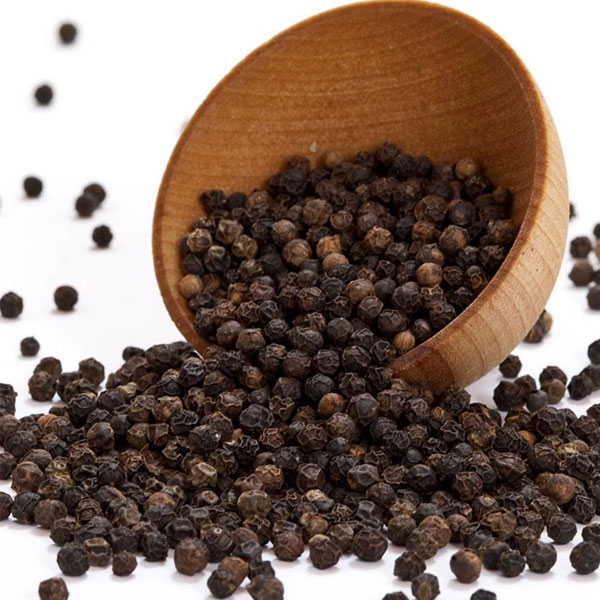
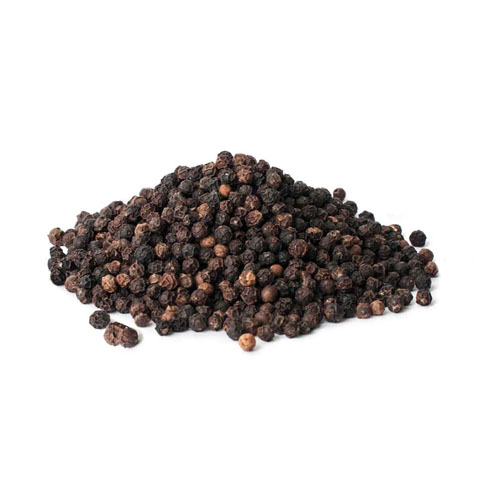
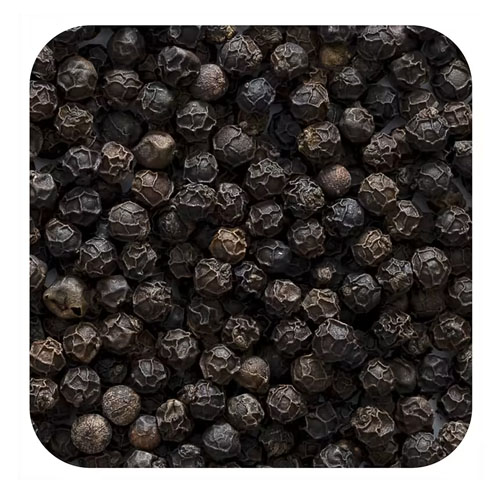
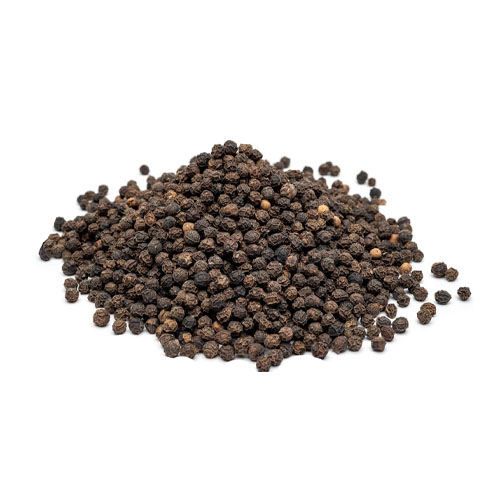
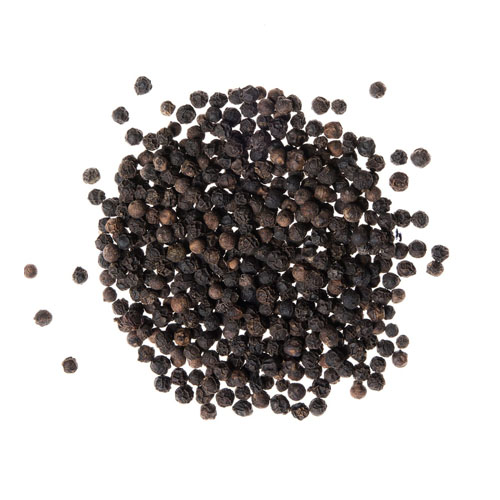
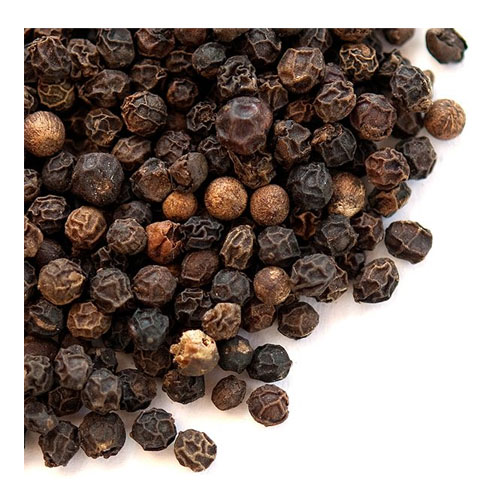
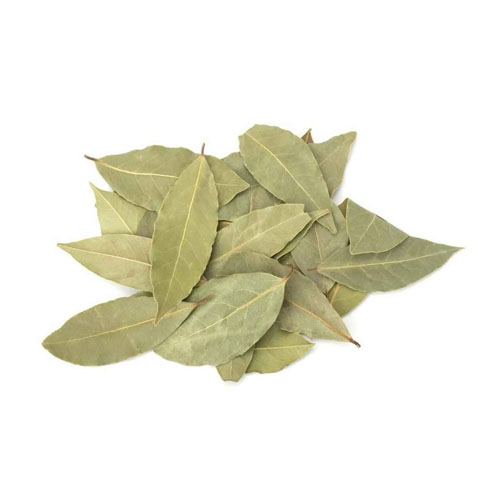
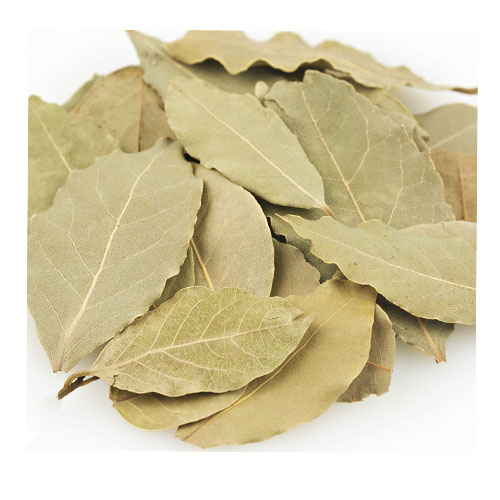
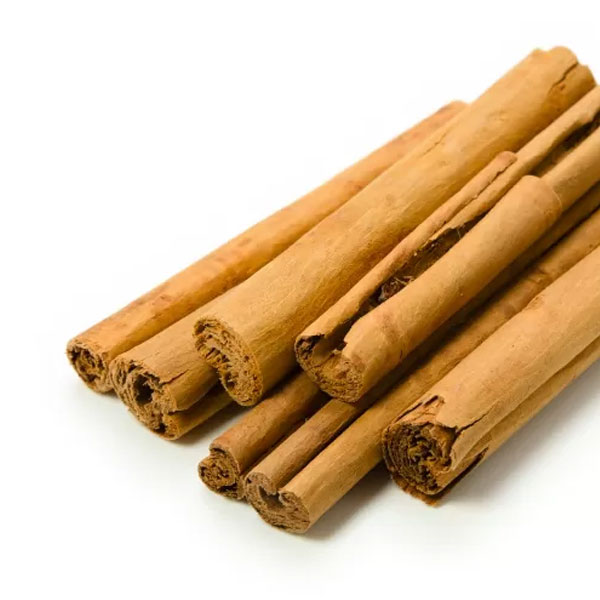
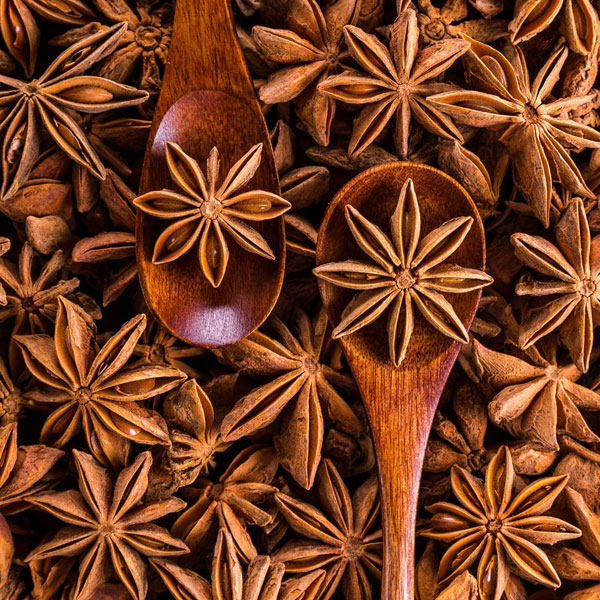
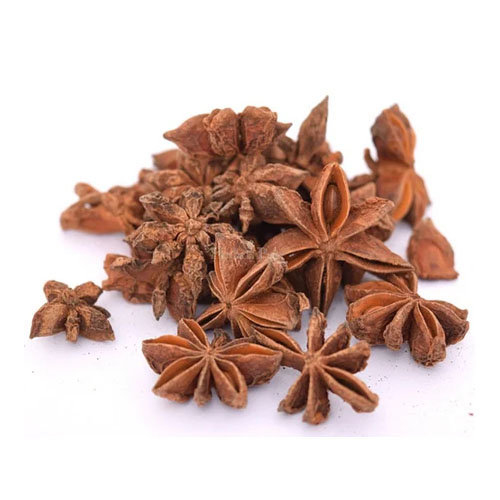
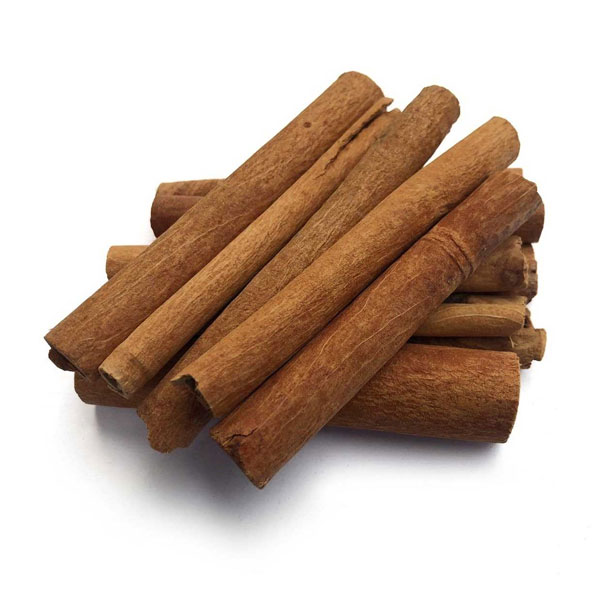
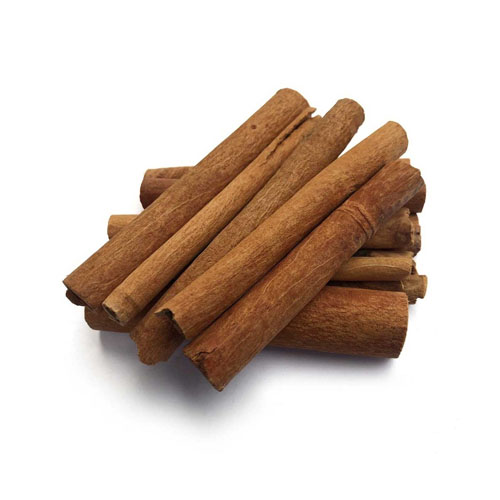
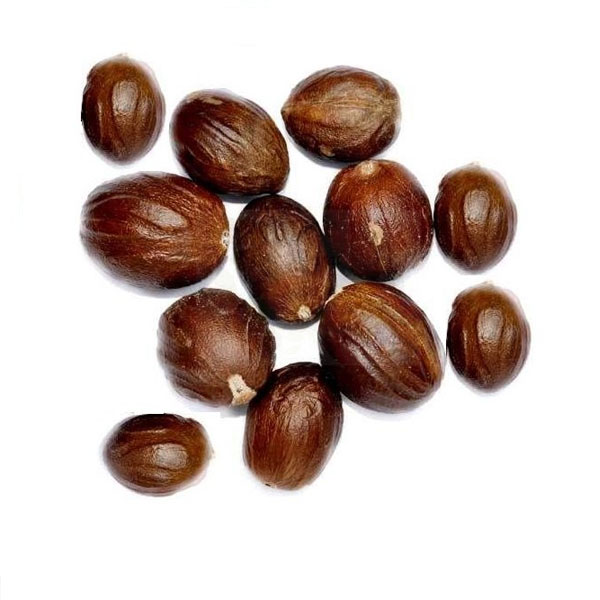
Reviews
There are no reviews yet.